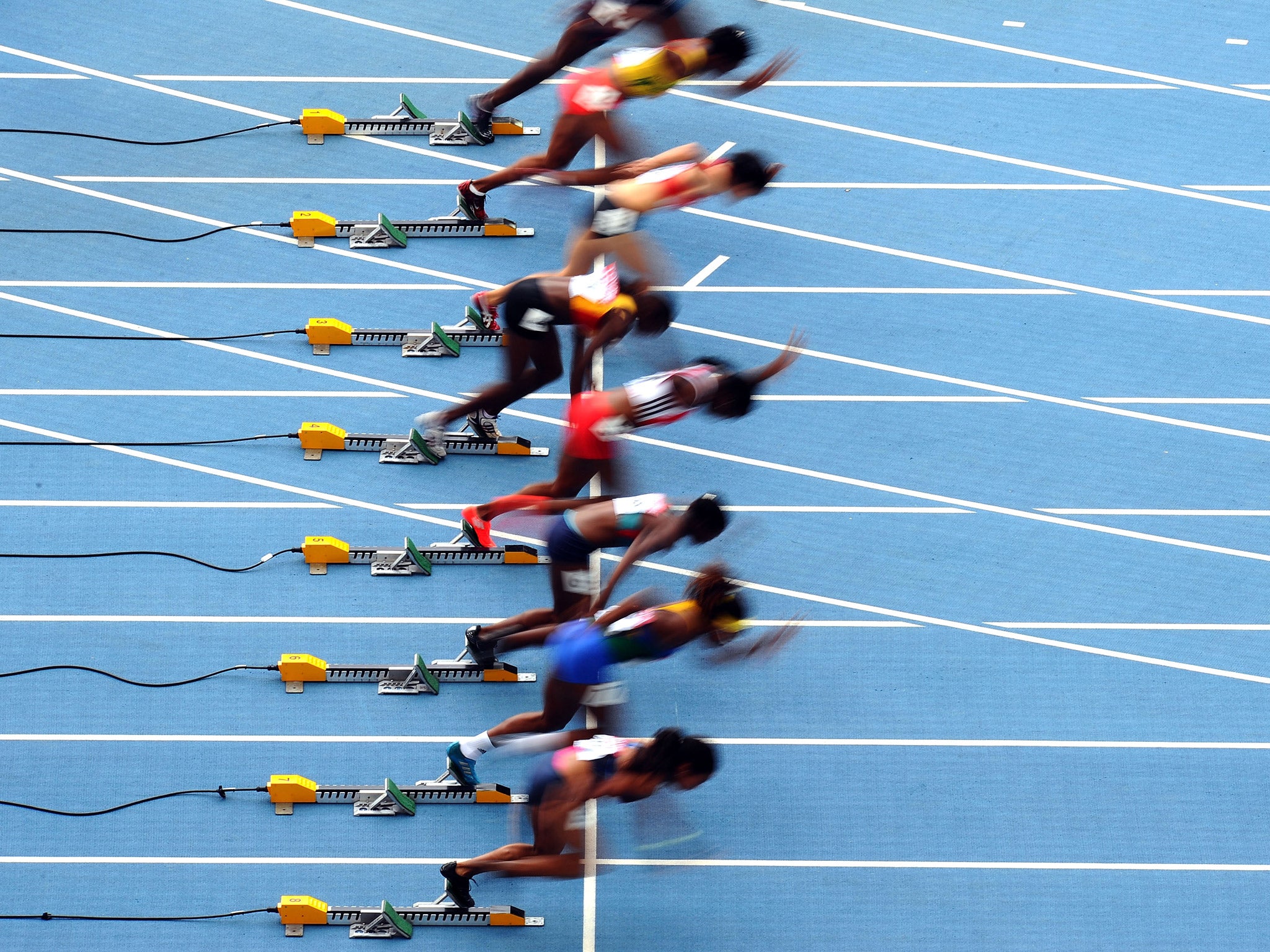Your support helps us to tell the story
From reproductive rights to climate change to Big Tech, The Independent is on the ground when the story is developing. Whether it's investigating the financials of Elon Musk's pro-Trump PAC or producing our latest documentary, 'The A Word', which shines a light on the American women fighting for reproductive rights, we know how important it is to parse out the facts from the messaging.
At such a critical moment in US history, we need reporters on the ground. Your donation allows us to keep sending journalists to speak to both sides of the story.
The Independent is trusted by Americans across the entire political spectrum. And unlike many other quality news outlets, we choose not to lock Americans out of our reporting and analysis with paywalls. We believe quality journalism should be available to everyone, paid for by those who can afford it.
Your support makes all the difference.Beneath the complexities of corruption and conflicts of interest, the problem facing international athletics is extremely simple. It is overwhelmingly clear that cheating within the sport is so widespread that the general public is on the verge of ceasing to believe what it is seeing. When that happens, all is lost.
A simple problem, then, but an incredibly complex one to solve – which is precisely what Lord Coe must now do.
Why is doping so widespread? All of the anecdotal evidence indicates that there is simply a culture of it. And certain countries – Russia, clearly, and probably Kenya, too – have made cheating a policy. It is, or at least was, integrated into their national training programmes. Morocco, Ukraine, India – all of these countries have long lists of banned athletes.
In the 21st century, sporting success turns on the fabled “marginal gains”. Doping is not a marginal gain. It is a huge one. Tour de France cyclists have their own beds from home set up in hotel rooms prior to their arrival in the hope it will give them some kind of edge. How, in that world, can someone who is not on performance-enhancing drugs be expected to compete against someone who is?
That the former head of the International Association of Athletics Federations, Lamine Diack, stands very publicly accused of taking cash to protect the cheats, makes the problem more complex and more vile. But even if the testers and the administrators were of unquestionable virtue, they would still face a fight almost impossible to win.
In most comparable cases, those who set up systems are ahead of those whose intention is to break them. Hackers crack security systems. New systems must be invented. In doping, it is the dopers who set up the systems, while the testers try in vain to work out what they are. And the testers are not well funded. The World Anti-Doping Agency runs on $30m a year, which is simply not enough to monitor the thousands of athletes who might seek to cheat, nor to stay on top of the many small and various ways in which they might do so.
Athletics is not a rich sport. It is the blue riband discipline at the Olympics, but this does not generate it much cash, and outside of the five rings it attracts very little interest. In years gone by, it has been Mr Diack’s decision to decide how much of his sport’s resources should be invested in catching cheats, an investment that, if done properly, comes with an existential threat to the sport itself. Whatever Lord Coe has said in recent months, athletics shirked that challenge, and now we know why.
Lord Coe has said that an entirely independent doping body is needed. The governing body doing the investigating itself is a conflict of interest, something he at least should know about. But to root out doping, that independent body would need powers that no organisation, not even Interpol, has ever been granted: namely, the power to sneak unannounced into sovereign nations and rumble doping programmes that are institutionalised and centrally controlled.
Countrywide bans are certainly an effective tool, but as Lord Coe might have realised, they also mark the start of the road to a kind of annihilation. A recent inquiry by the Dutch national doping agency estimated doping to be “between 14 and 39 per cent”. Ban everyone under suspicion, and what do you have left?

Join our commenting forum
Join thought-provoking conversations, follow other Independent readers and see their replies
Comments